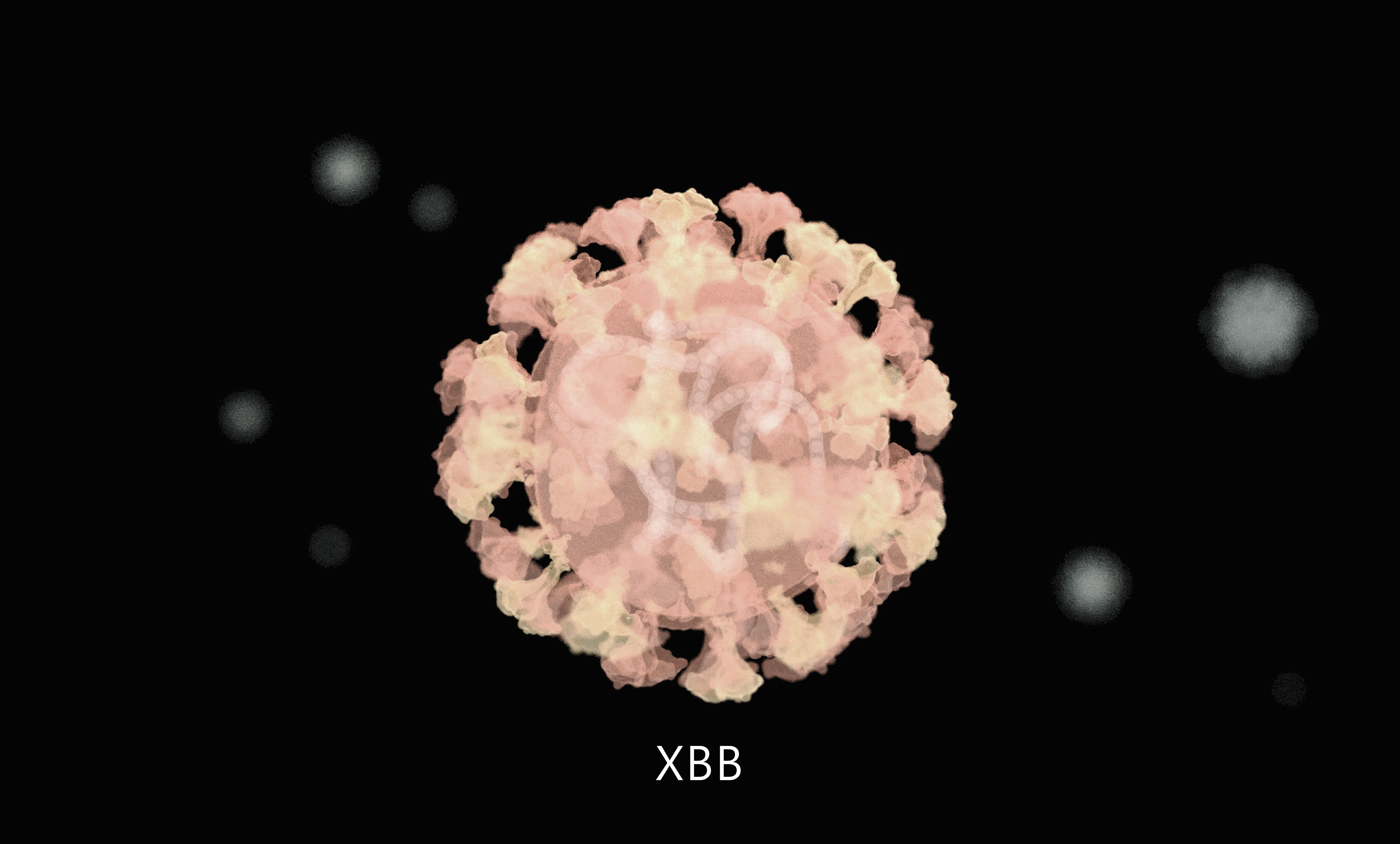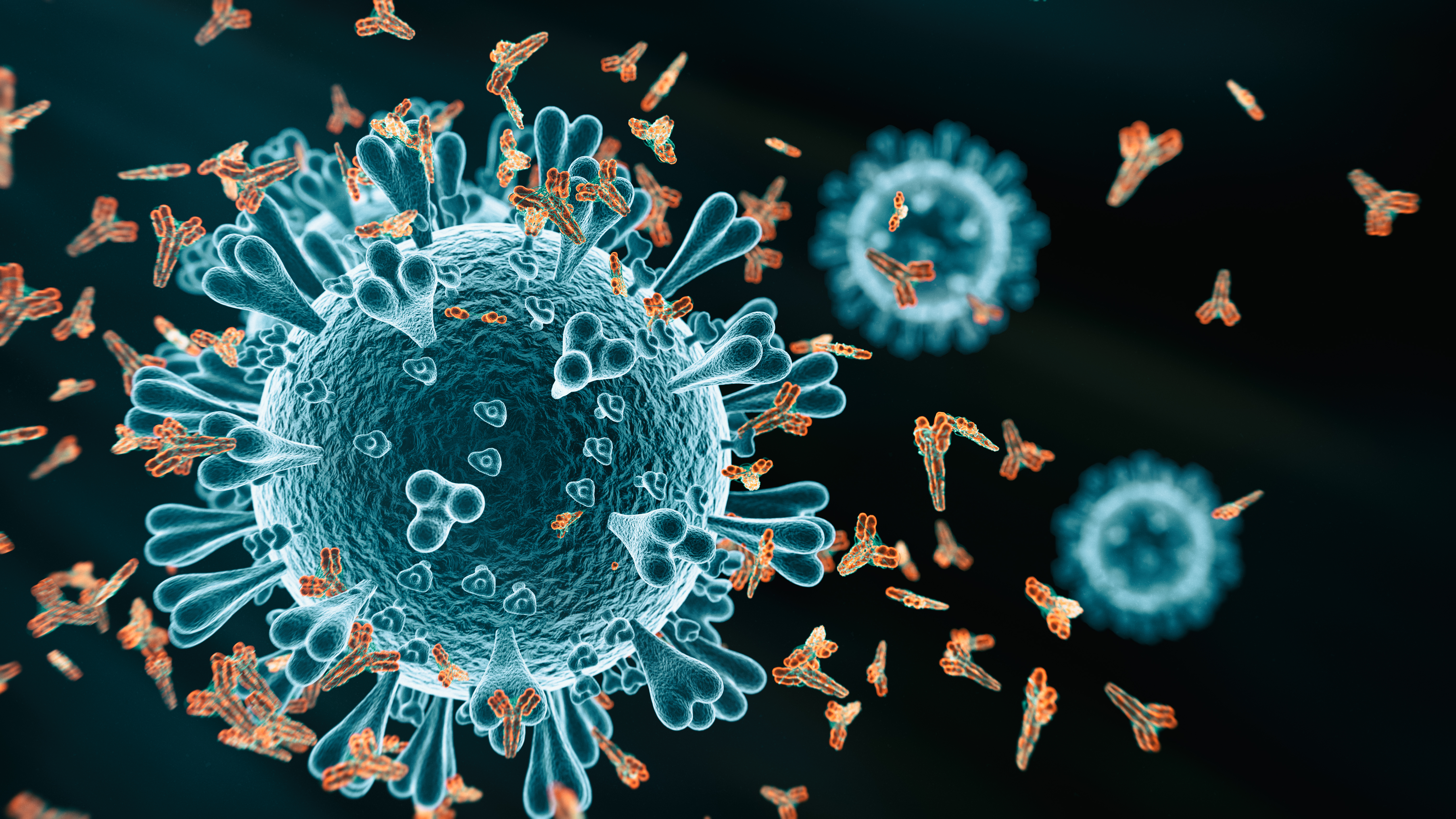Boston doctors are "almost certain" that XBB, the so-called “nightmare” COVID-19 variant, is already circulating in Massachusetts.
The new strain, a descendent of omicron variant BA.2, has been spreading rapidly in parts of the world, including Singapore. Dubbed the "nightmare variant," it is extremely immune evasive and has also shown that it might be immune to current vaccines.
Tufts Medical Center Hospital Epidemiologist Dr. Shira Doron and Boston Medical Center's Dr. David Hamer explained whether people should worry and discussed their concerns around antibodies and the bivalent vaccine during NBC10 Boston's weekly "COVID Q&A" series.
"There is a reasonable chance that XBB is already in Massachusetts, since it has been reported in New York," Hamer said. "Since we are sequencing fewer samples than before, it may take longer to identify."
Get Boston local news, weather forecasts, lifestyle and entertainment stories to your inbox. Sign up for NBC Boston’s newsletters.
"Agree! I feel almost certain it is here," Doron said.
XBB was first detected in the U.S. on Sept. 15. Over a dozen cases have been reported, mostly in New York, according to Fortune. But just because the variant has been making headlines for its role in a recent wave of COVID cases in Singapore, doesn't mean that will necessarily happen in the U.S., experts say.
"It's always been true, but it is especially true these days -- you can't use what happens in another country as a definite predictor of what's going to happen in a different country," Doron said. "You should use it to prepare."
Two major concerns among the local doctors, though, is whether the new variant can evade treatment from monoclonal antibodies and render the new bivalent vaccines ineffective.
"It has more mutations in the receptor-binding domain, so it's better able to evade immunity from some of the other omicron subvariants. So both the booster but also natural infection may not protect as well against this. So that gives it a fitness advantage," Hamer said. "But, you know, let's see what happens."
Bivalent shots in the U.S. target both the original coronavirus strain and the currently circulating omicron subvariants BA.4 and BA.5. But there is a lack of data around the bivalent booster, the doctors noted, since the shots were distributed without results from human trials.
Get updates on what's happening in Boston to your inbox. Sign up for our News Headlines newsletter.
"The bivalent vaccine that we have, which is based on BA.5, might be less effective if XBB became predominant," Doron said. "Although we don't know that because we don't know how effective the new bivalent vaccine is."
Other countries are using a vaccine based on BA.2, Doron noted, which is one of many factors that could change the strain's impact from one country to another.
Additionally, new variants aside from XBB are rising in numbers, including BQ.1 and BQ.1.1. The mutations could help the virus evade monoclonal antibodies, which are used to treat and prevent infections in those who are immunocompromised.
More on New COVID Variants
"The bad news is that our monoclonal antibodies are just so variant-dependent. And right now we're using one platform antibody as prevention and one as treatment. I think they're both threatened by some of these variants," Doron said. "We really do need to have a better system for updating our monoclonal antibodies as new variants arise."
The good news, she noted, is that XBB does not appear to be behaving like omicron, where there was a steep spike of cases when it arrived in November of last year.
"All of that is to say that all of this variant soup -- alphabet soup -- that we're hearing about will arrive to the U.S. in varying degrees and the impact that it has here is just totally unknown," Doron said.



